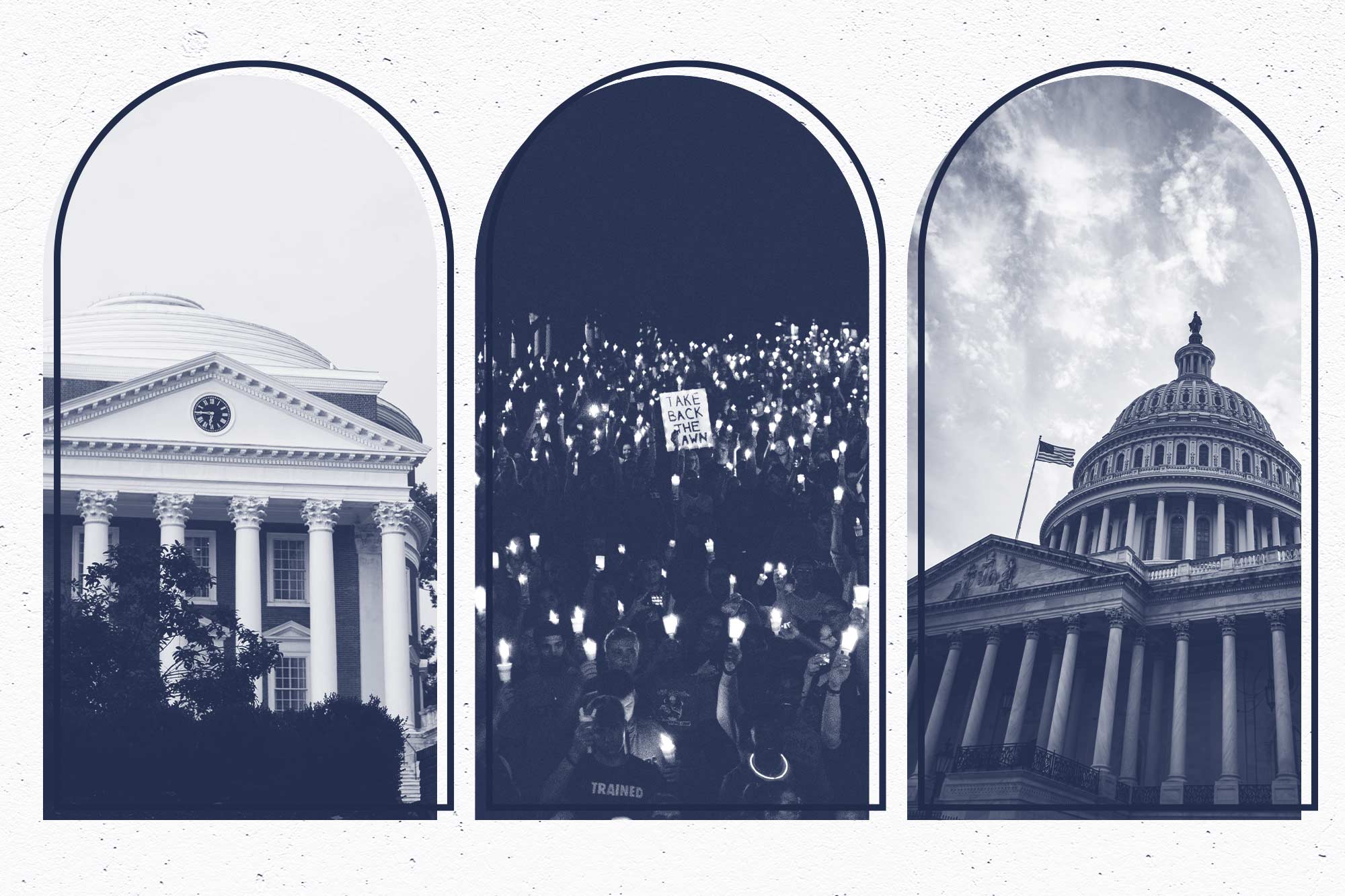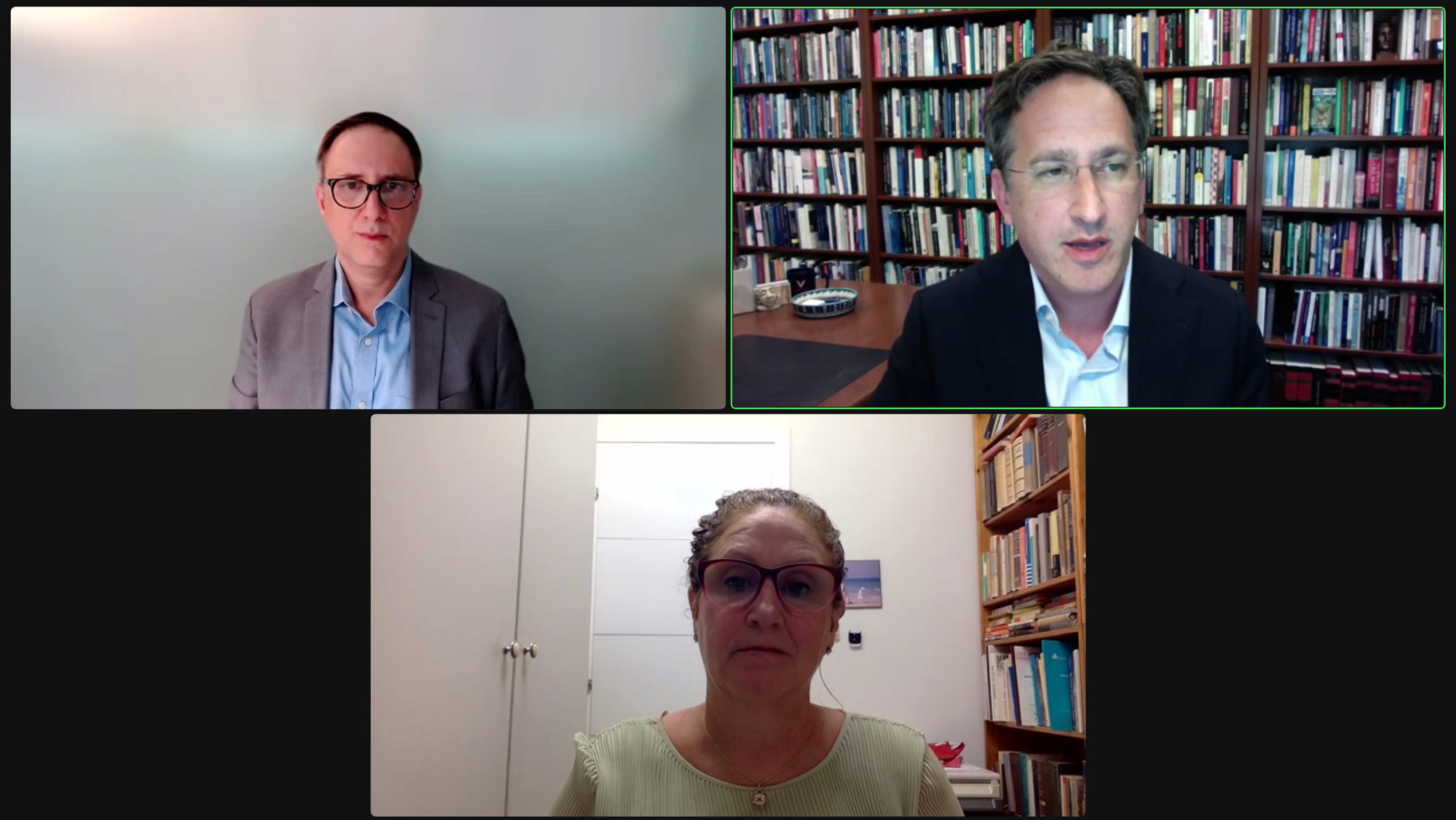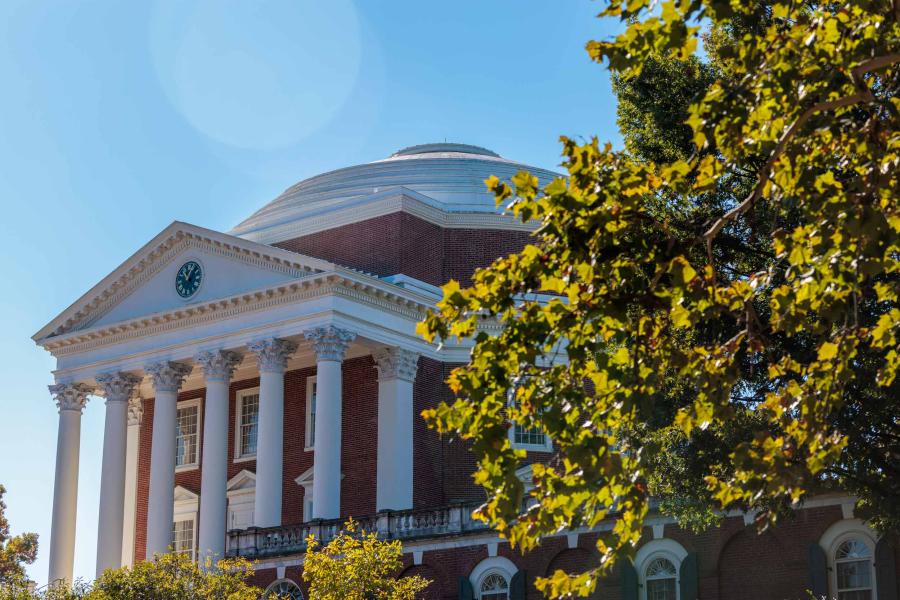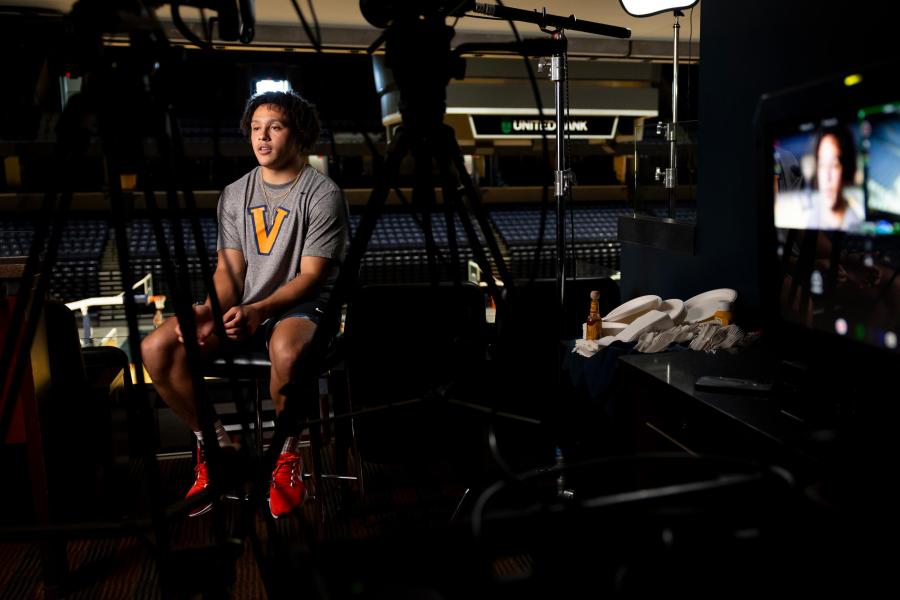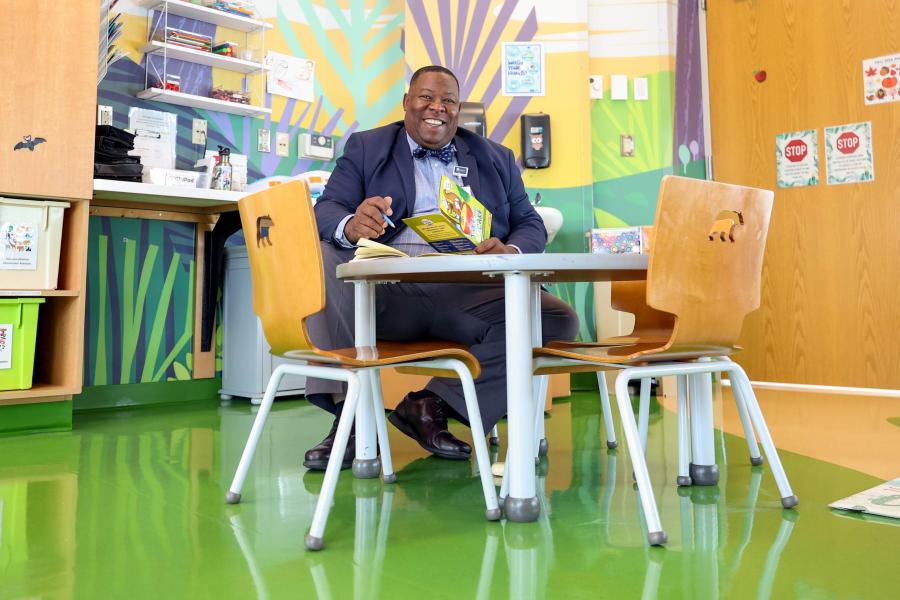When white supremacists marched down the University of Virginia’s Lawn on Aug. 11, 2017, attacking students and others gathered at the statue of founder Thomas Jefferson, it shook much more than the local community. It revealed just how unprepared Americans were to grapple with a new violent wave of racism and antisemitism, participants in an online panel discussion said Thursday.
“August 11th and 12th were formative in ways that quite frankly I’m still grappling with,” Slate editor Dahlia Lithwick, a longtime Charlottesville resident, said. It felt “as though an earthquake happened that we have not reckoned with fully.”
The event, sponsored by the UVA Jewish Studies Program and the Law School’s Karsh Center for Law and Democracy, reflected on Aug. 11-12 and the lessons learned since. Lithwick joined Micah Schwartzman, Hardy Cross Dillard Professor of Law and director of the Karsh Center, and moderator James Loeffler, Berkowitz Professor of Jewish History and the Ida and Nathan Kolodiz Director of the UVA Jewish Studies Program, to discuss the impact of the Unite the Right rally that ended in violence and the deaths of three people.
Though that summer in Charlottesville was earlier marked by a series of white nationalist events attracting outsiders to town, including a Ku Klux Klan rally, those occasions had been relatively peaceful. Despite online chatter forecasting that August would be different, Lithwick noted, no one seemed prepared – just as Americans were surprised by violence at the U.S. Capitol on Jan. 6, 2021.
“How is it possible that we keep being surprised by events that are almost annual?” she said. “[The] Groundhog Day of white supremacist activity, of antisemitic activity, that we continue to think of as singular is part of the definition of the problem.”
Schwartzman, who attended UVA for his undergraduate and law degrees, said failing to name what was so evident – that the Unite the Right rally participants comprised white supremacists and neo-Nazis – suggested an inability to address what’s wrong.
“We couldn’t even find the right words to describe what was happening,” he said.
Loeffler added, “There was so much information flowing, yet there was some inability to process it.”
